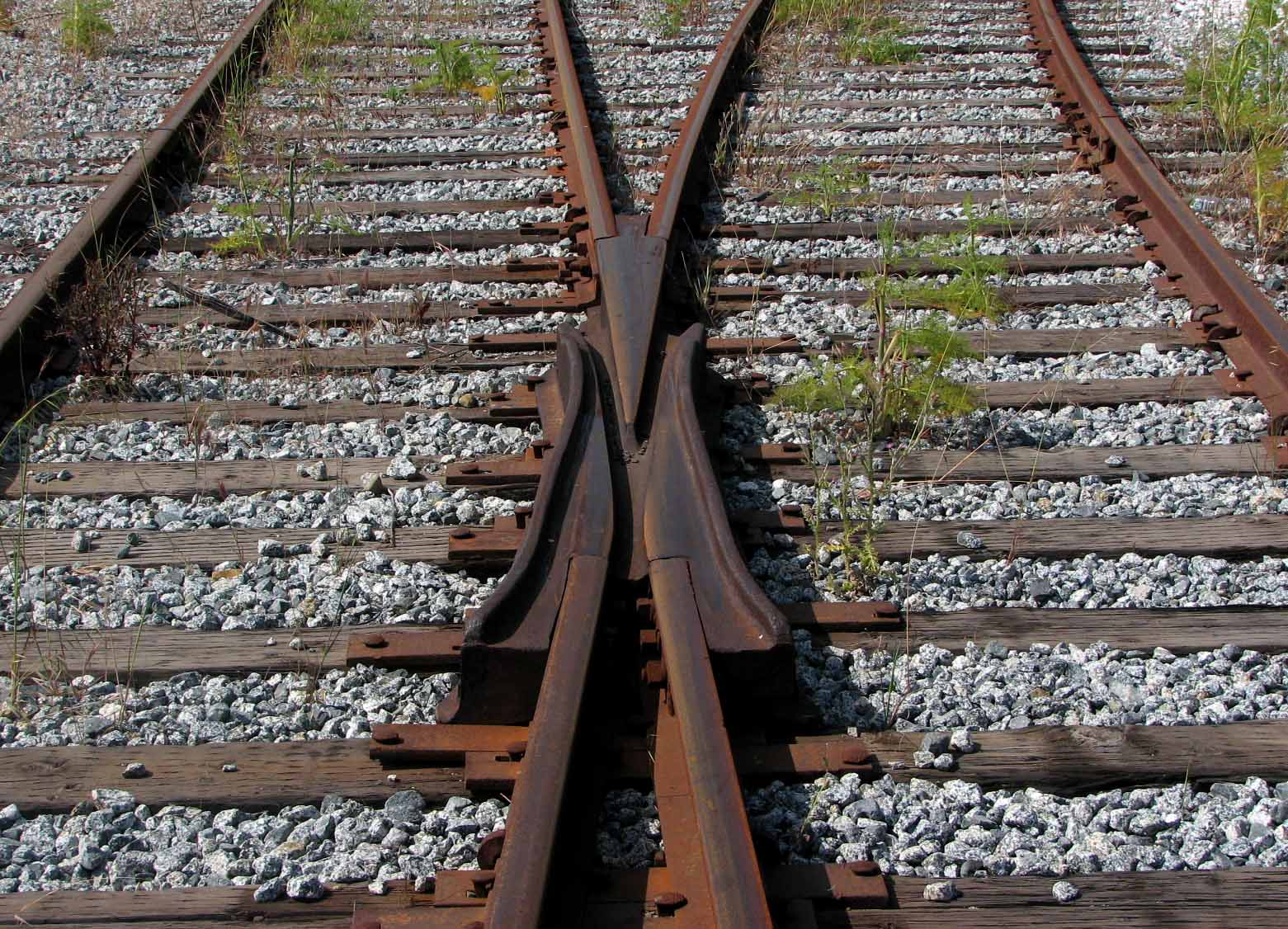Oakland moves to streamline trial seeking eviction of coal terminal developers
On March 17, 2023, the City of Oakland filed a motion to streamline the upcoming trial of developer Phil Tagami’s lawsuit against the City and the City’s countersuit against Tagami. The City’s motion would split the proceedings into two separate trials: an initial bench trial without a jury and a second trial with a jury. Under the “bifurcation” plan, the second trial would occur only if issues remained that could not be decided by the judge.
The City’s proposal to “bifurcate” the trial rests on a distinction between equitable issues that judges must decide and legal issues that may require a jury. The City argues that equitable issues are so predominant in this case that there may be nothing for a jury to decide; and that a protracted month-long jury trial would only result in complexity, cost, and confusion, in the end, “leaving the jury perhaps to wonder what if anything in dispute they are deciding.”
The hearing on this motion is currently scheduled for May 18, 2023, before Judge Noël Wise in Alameda County Superior Court. The trial is scheduled to begin on July 10, 2023.
The City’s brief in support of its motion rests on the fact that both sides – the City and the Developers – seek “equitable relief” through the litigation. Tagami’s companies (OBOT & OGRE) seek an order extending the contract deadlines (allowing the Developers to retain possession of the City land), while the City seeks the return of the land (evicting the Developers once and for all via enforcement of the contract’s early termination provisions). These are considered “equitable claims” for “specific performance” of obligations under the ground lease between the City and the Developers. Only judges decide such claims. A jury cannot award either remedy.
There is also an equitable defense that only a judge can decide. OBOT claims that the City took actions that prevented its performance of the contract and the City’s same actions triggered a clause in the contract that requires extensions of OBOT’s deadline for performance.
At a bench trial, the City proposes, Judge Wise would assess and decide competing claims about the parties’ performance or failure to perform according to the terms of the contract.
The City argues that a bench trial addressing these issues would shorten the length of a jury trial from a month to a single day. Only if OBOT wins on the equitable issues would a jury hear evidence regarding OBOT’s $130 million damages claim and be charged with determining “the fact and amount of damages” – that is, did the City cause OBOT harm; and, if so, what amount of monetary damages appropriately compensates for it. If the City wins on the equitable issues in a bench trial, there would be no need for a jury trial at all.
The City’s brief argues that if evidence pertaining to the equitable issues in the case were presented to a jury that later had to be instructed to ignore that evidence (because it is only relevant to decisions the jury is not allowed to make), confusion would almost certainly ensue. The City contends that the judge, who is proficient in the intricacies of contract law, would be better able to sort out the equitable issues efficiently. It argues that, in accordance with “best practice” under California law, evidence concerning the equitable issues should be presented in a bench trial first. Then, in a second phase of the trial, a jury would only hear evidence pertinent to their role.
Judge Wise’s decision on the City’s motion to bifurcate will shape the trial’s process, but will not determine its outcome: that determination will be made at the trial itself, currently scheduled for July 10, unless the parties settle the case beforehand.
[It is noteworthy that in a statement in their brief, the City affirms that, as of mid-March, “The parties have not reached a Settlement Agreement.” Developer Phil Tagami broke off settlement talks in July 2022, and while the City’s statement sheds no light on whether the parties have resumed (confidential) settlement talks in the meantime, it confirms that the parties have not, to-date, agreed on terms that both can accept.]
Photo credit : “Two Paths Diverged” by John Graham (Flickr), Creative Commons license CC BY-NC-ND 2.0.
